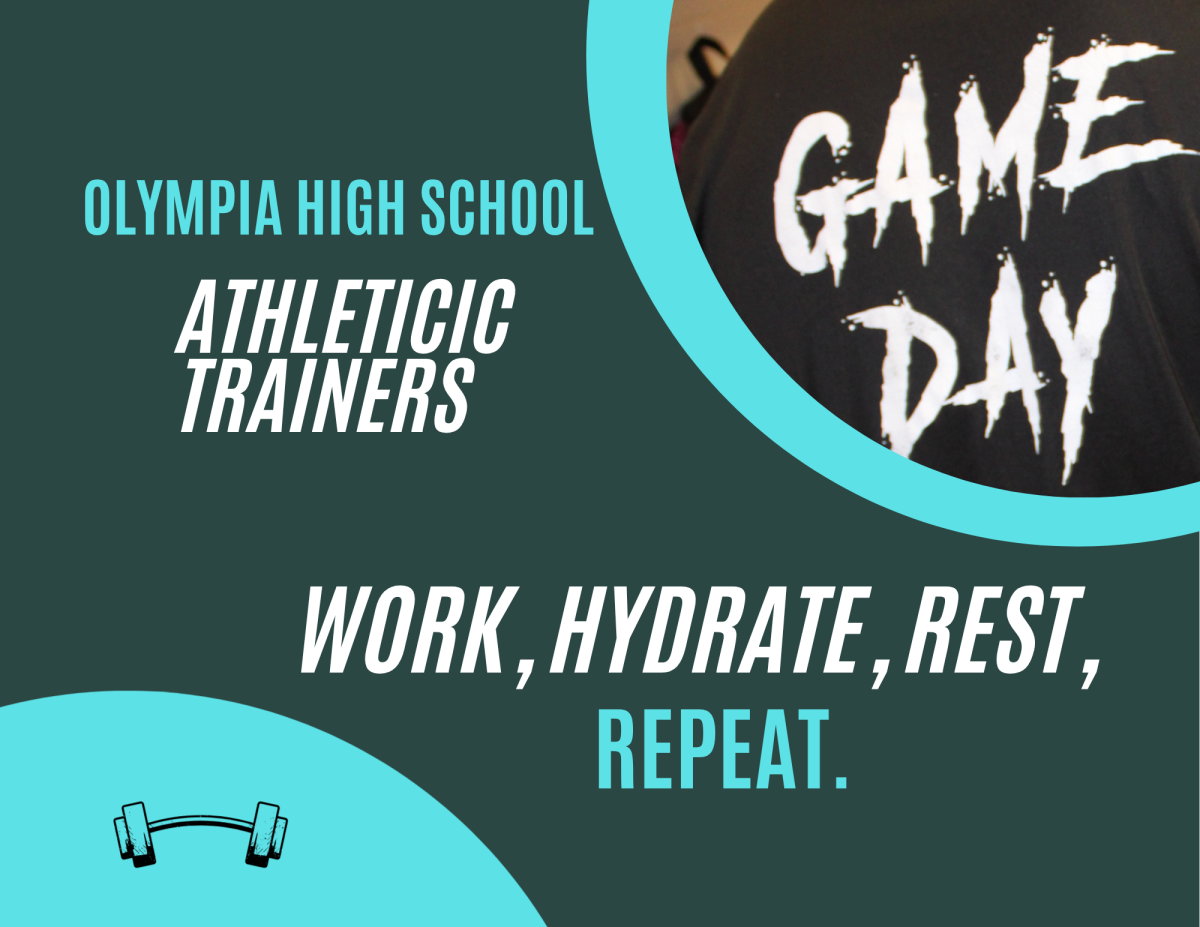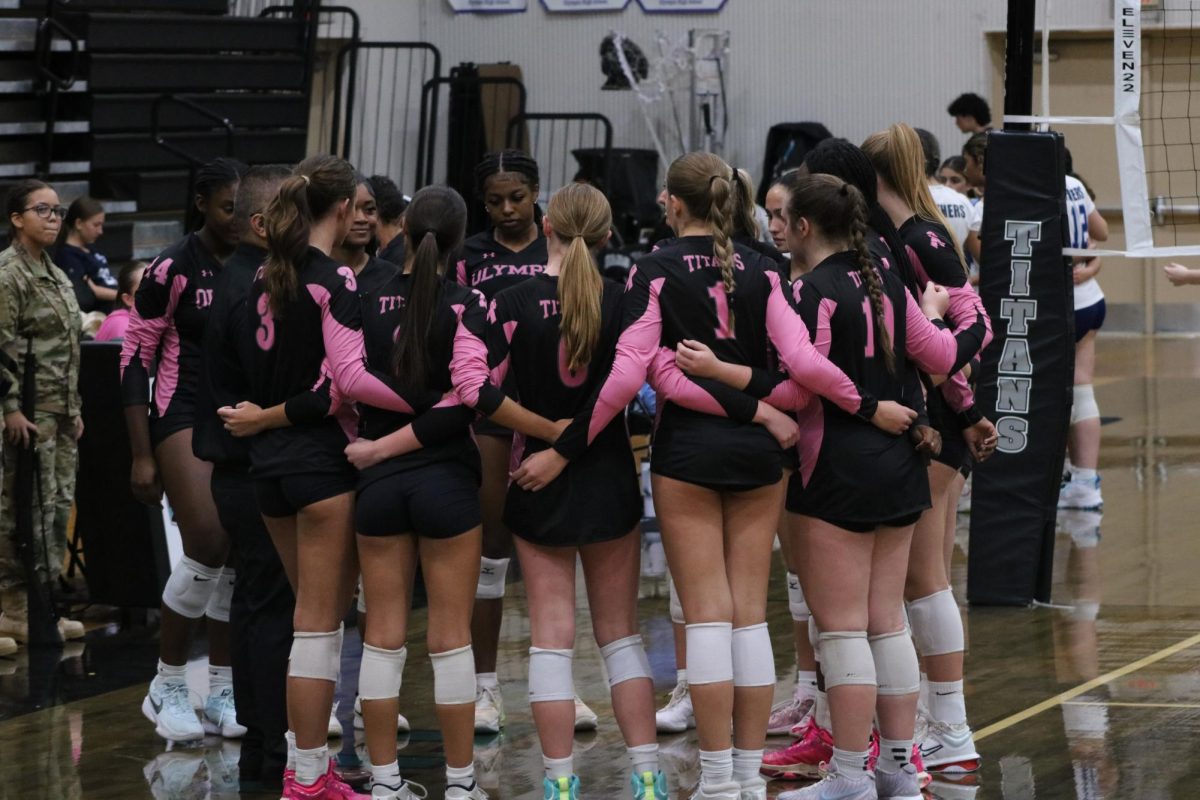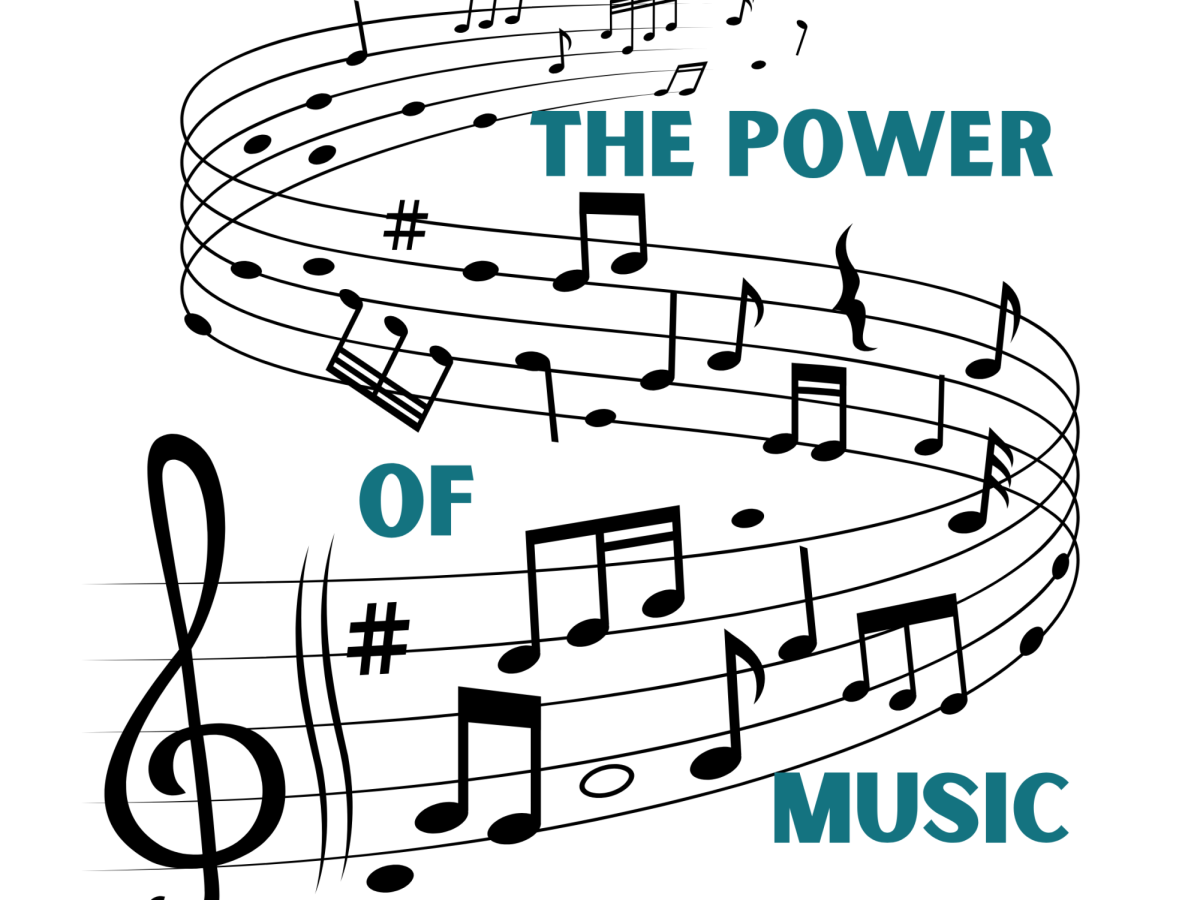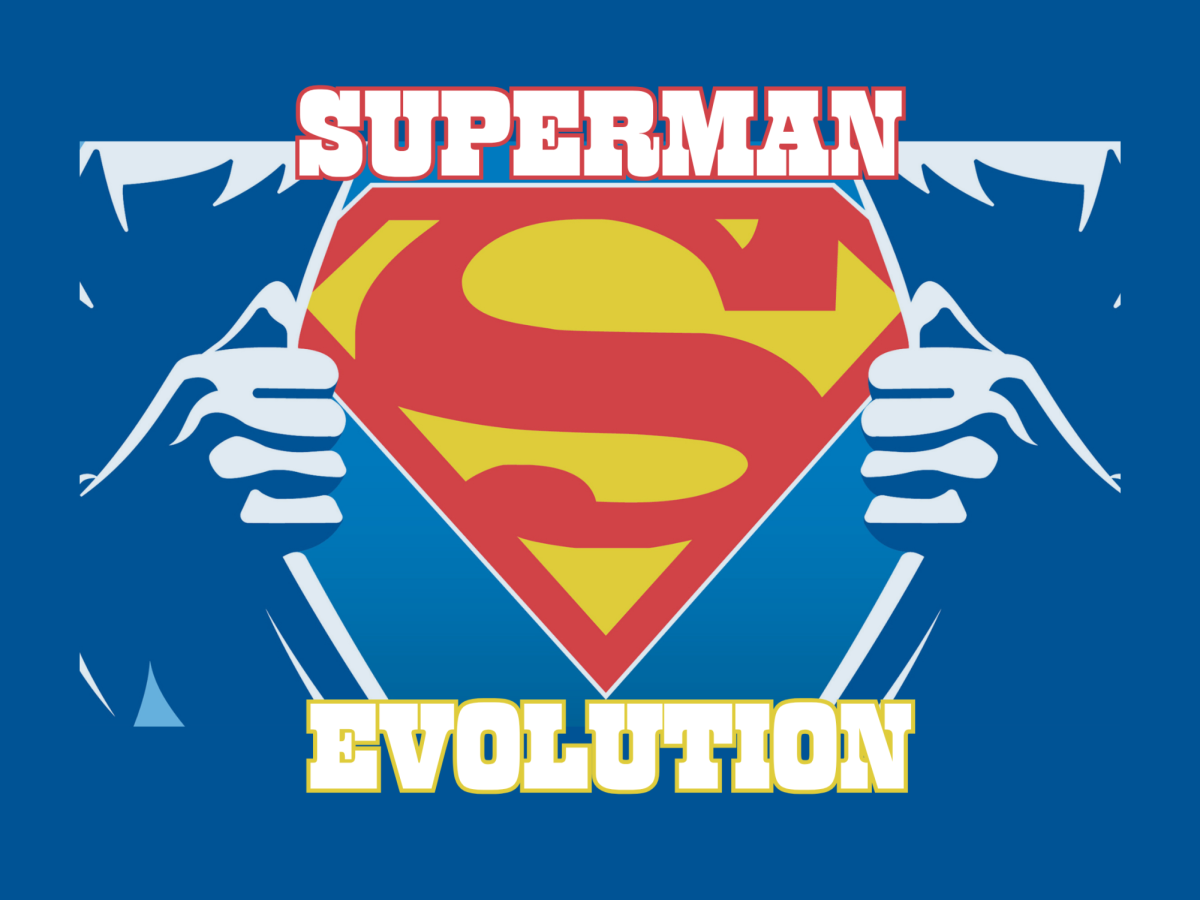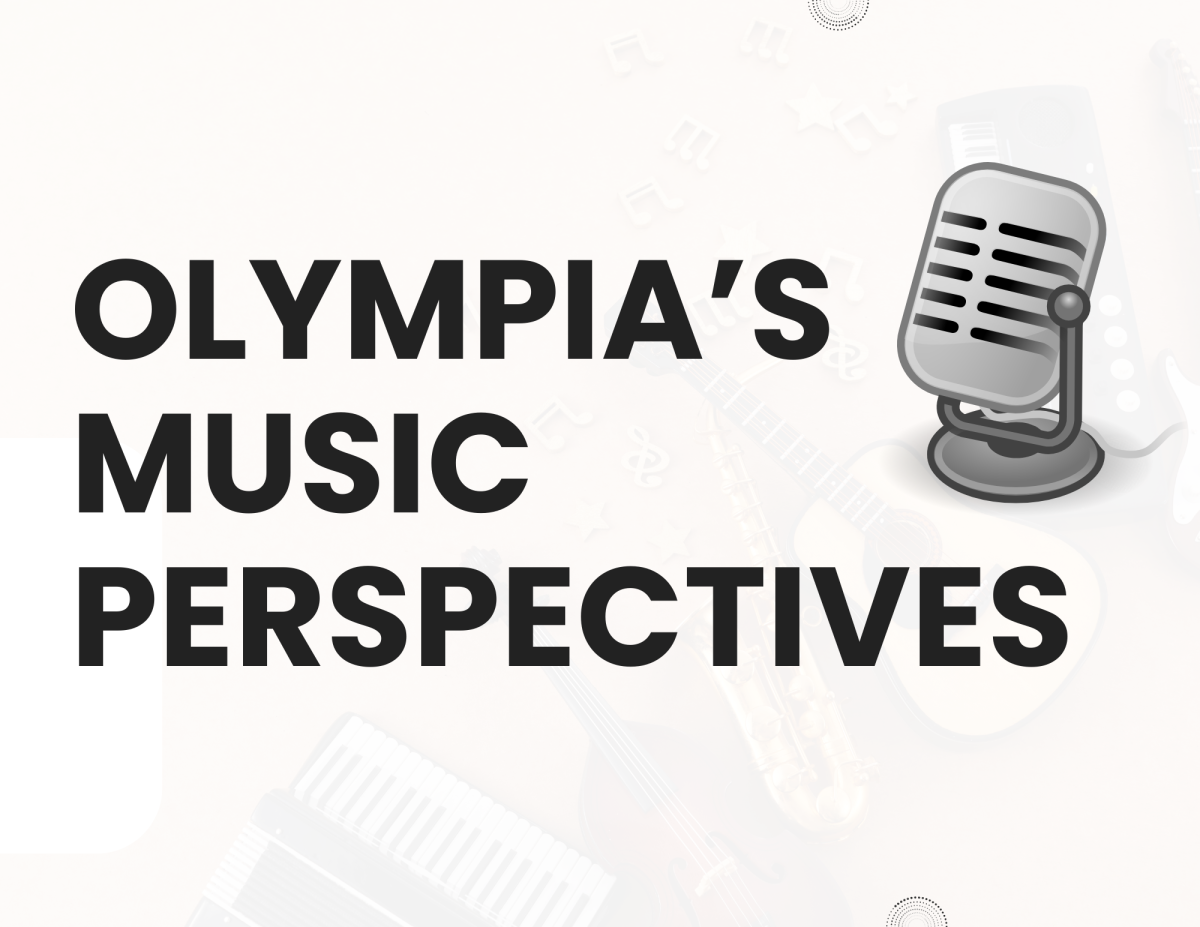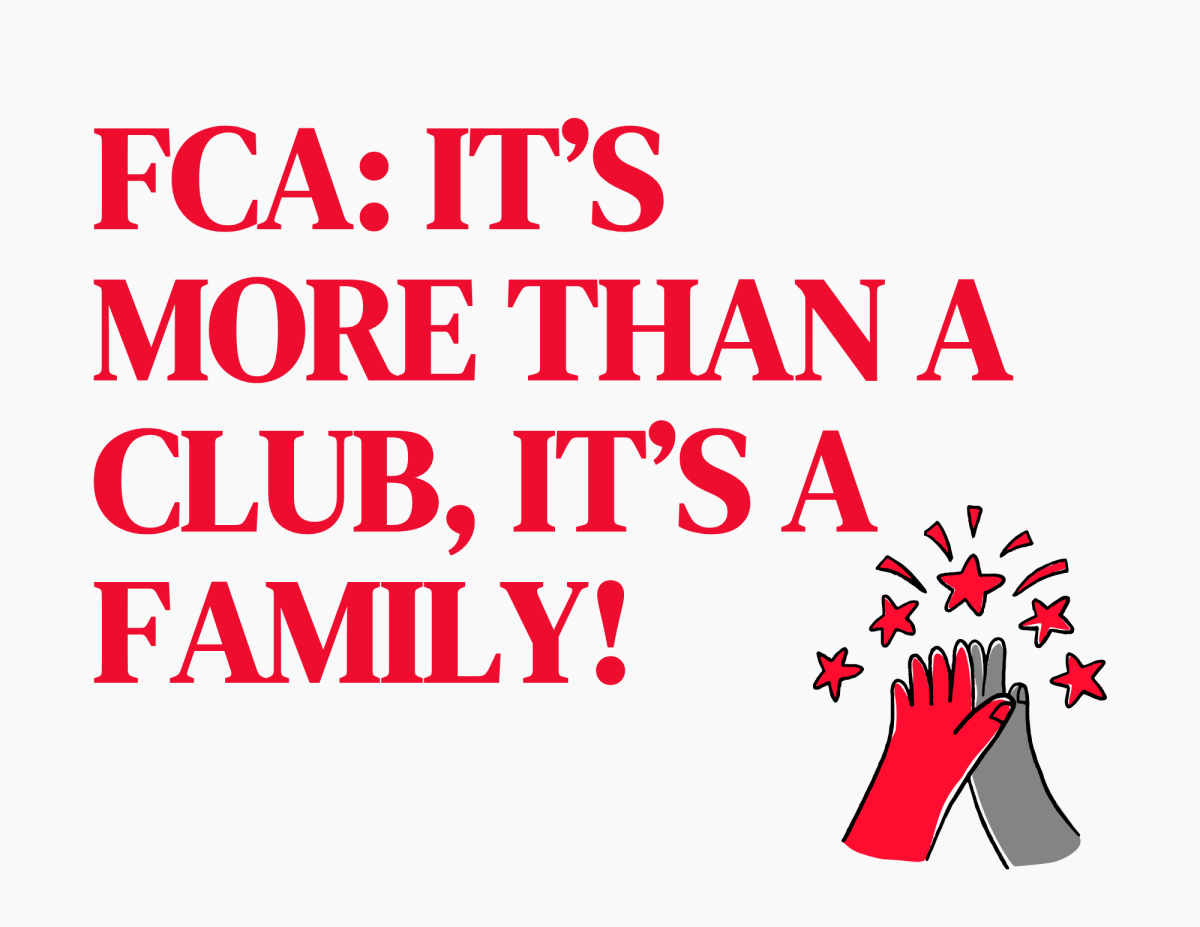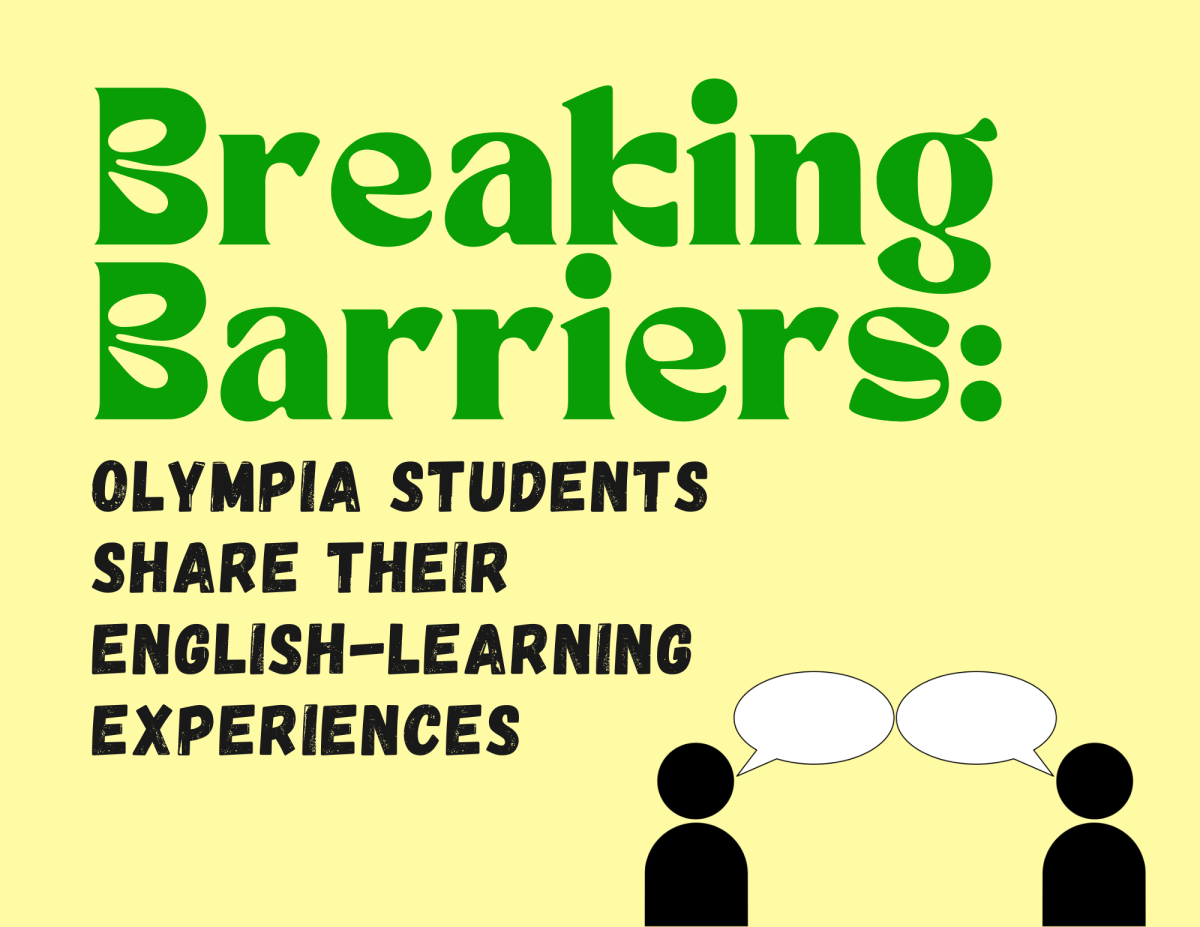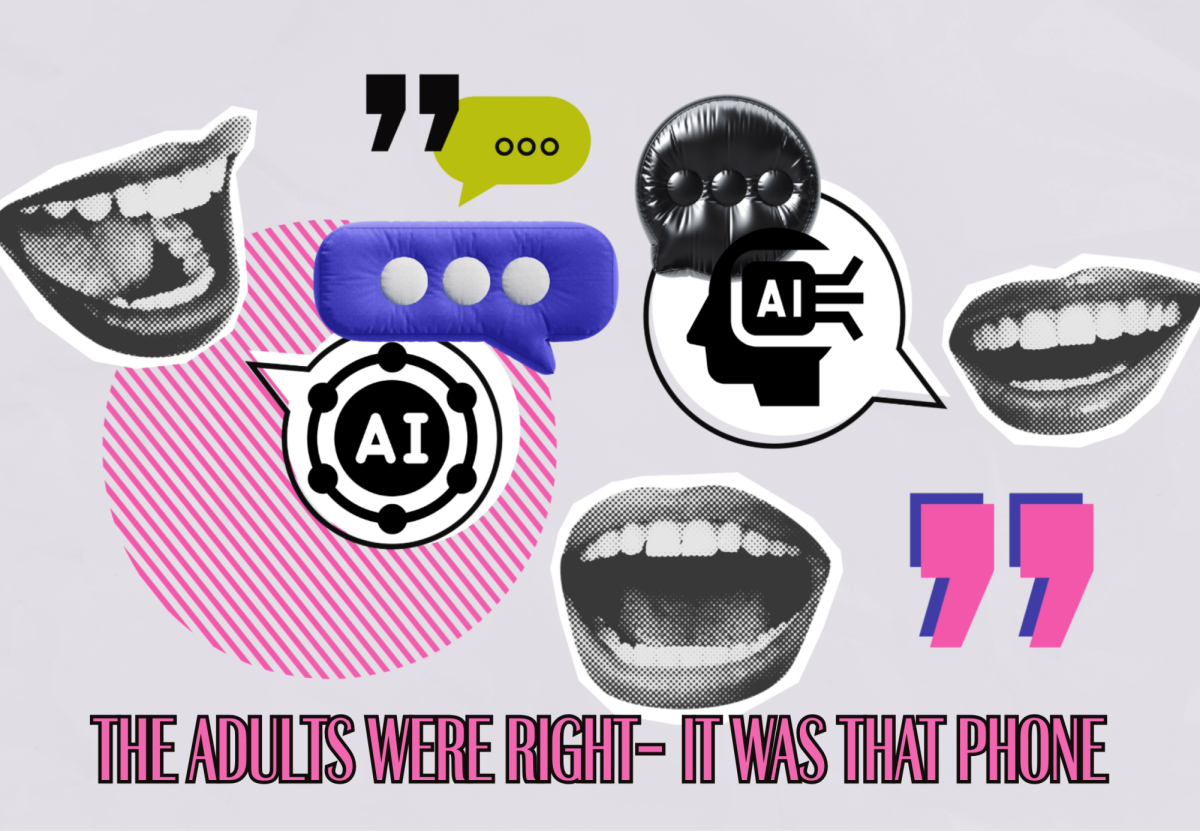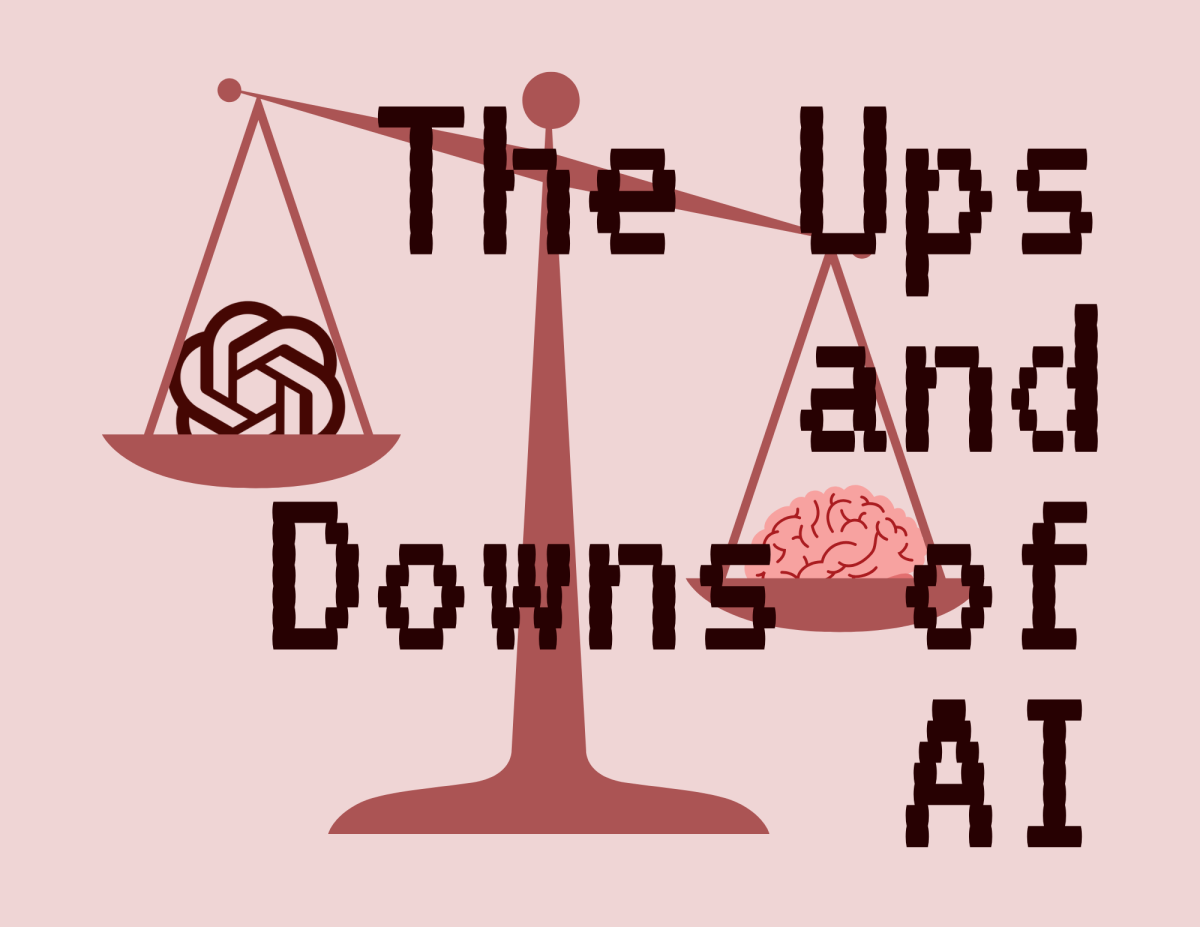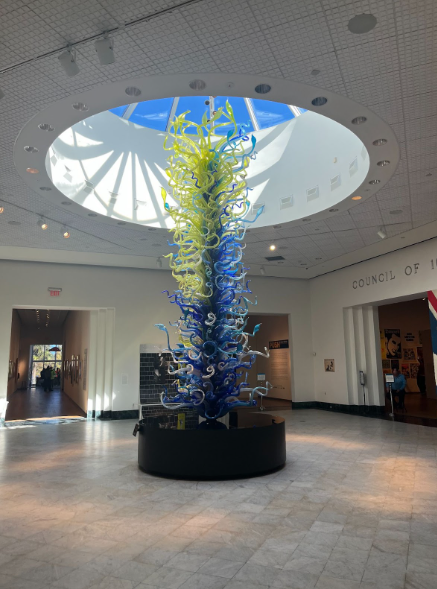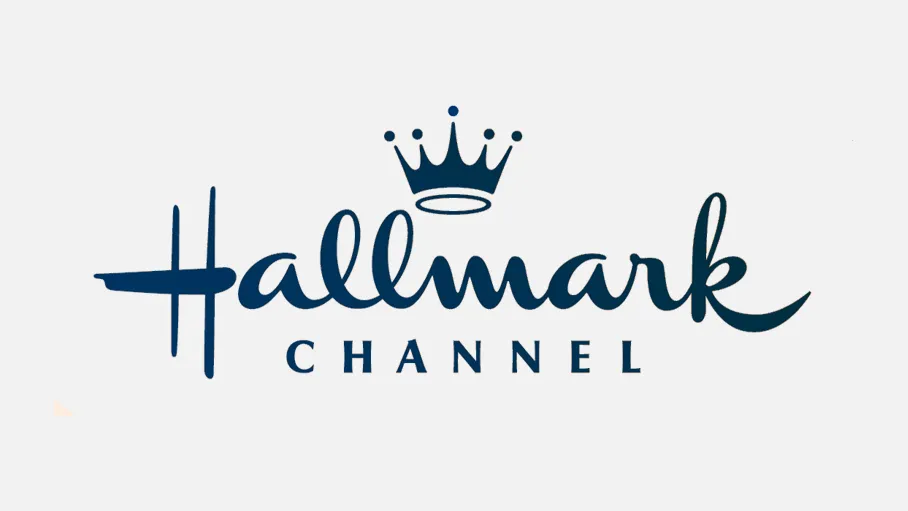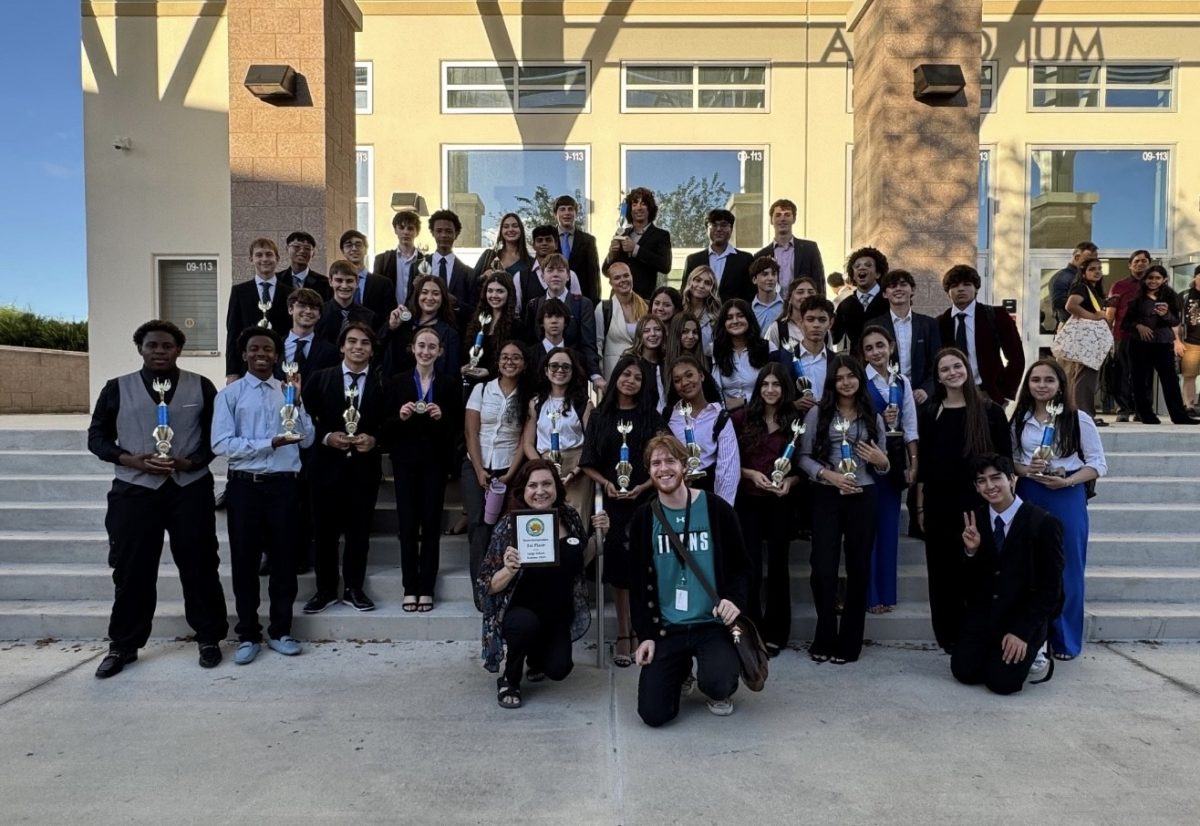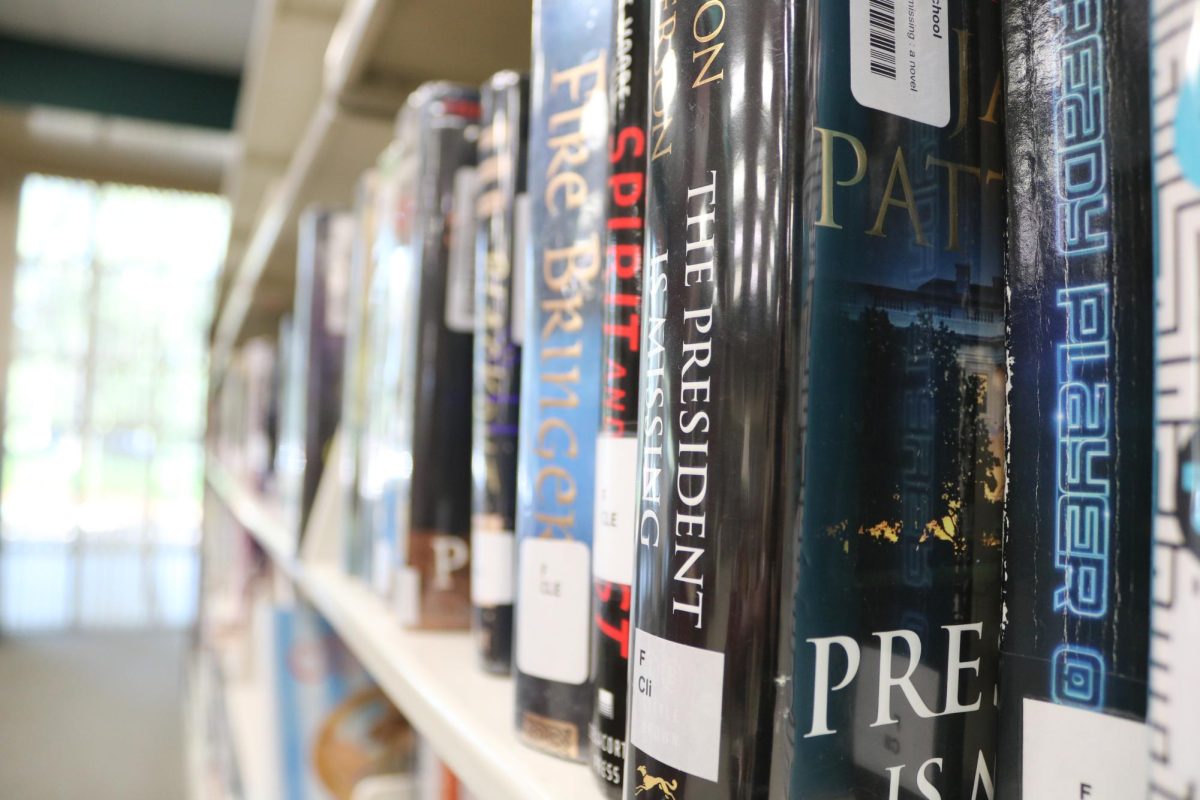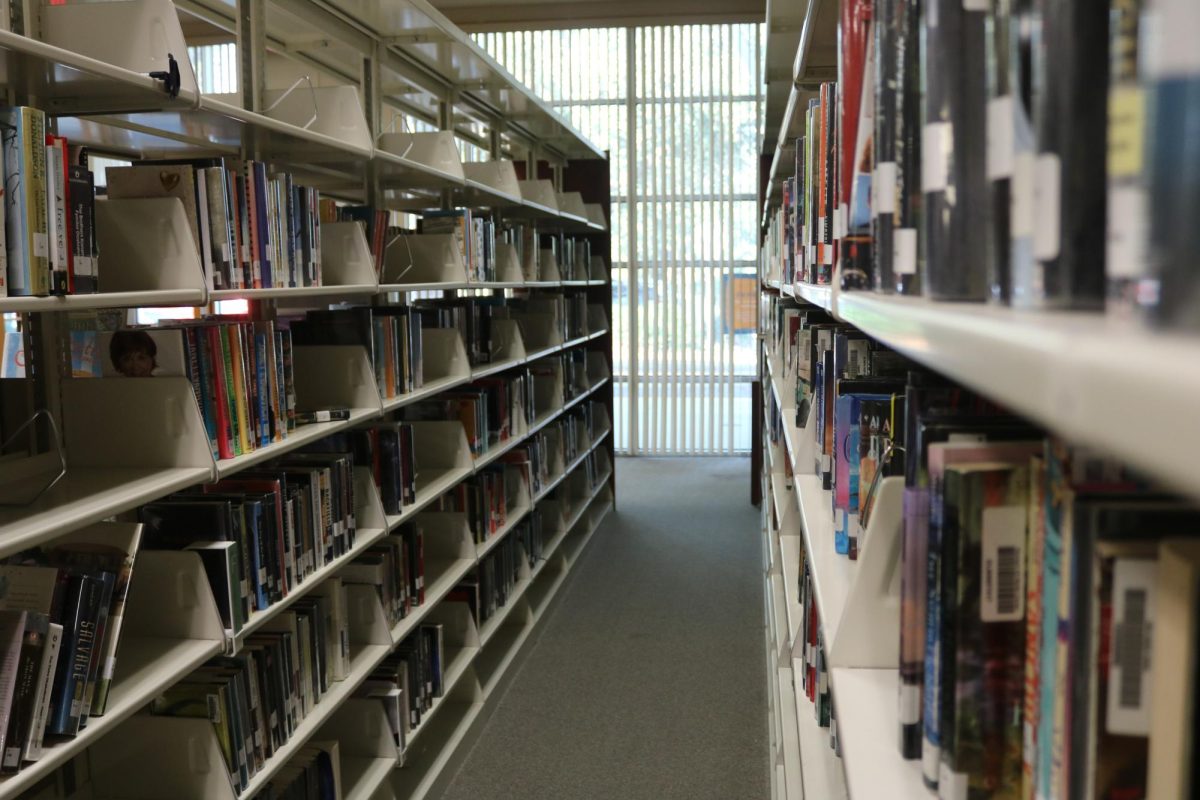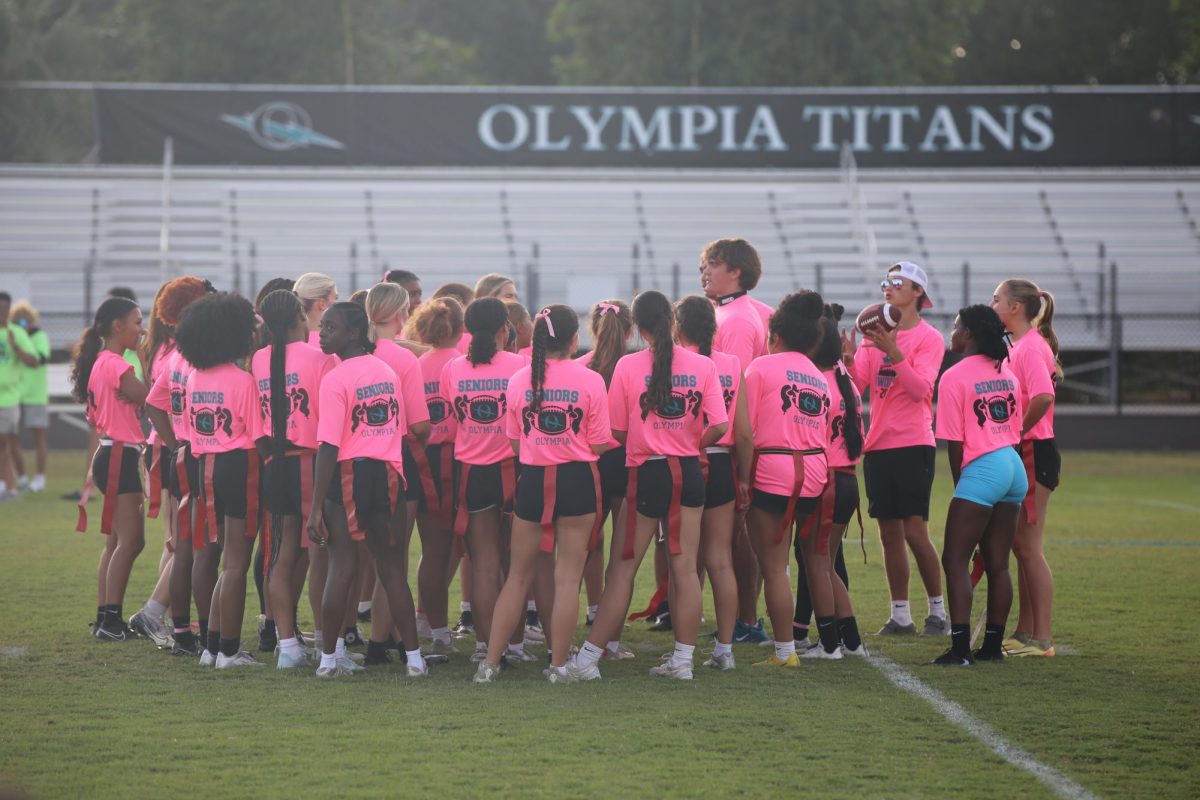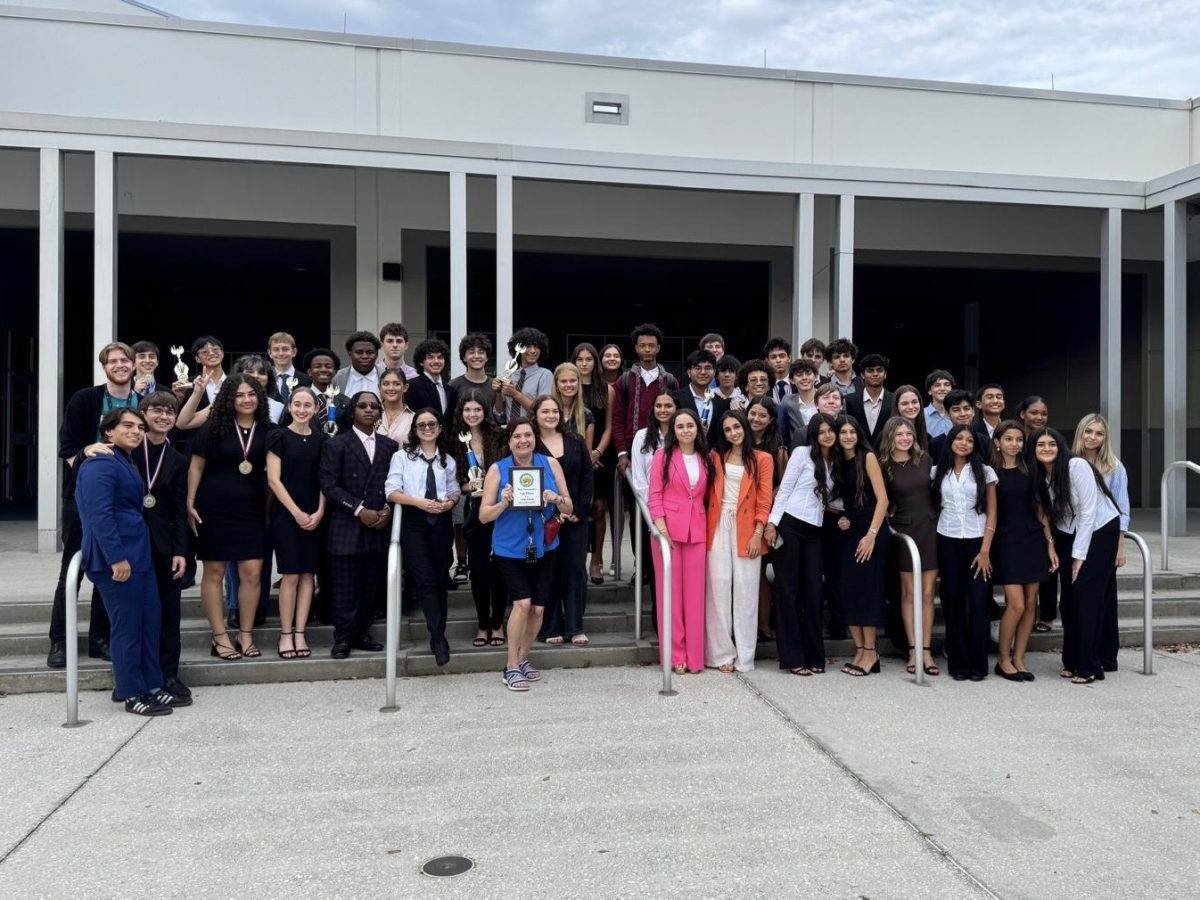The dark side of AI
People tend to overlook the potential problems AI technology can cause in modern society. AI has already started taking over a multitude of jobs in many different occupations. One job sector that AI has taken a major toll on is art. Artists are very important, we use art for almost everything in the world, whether for designing, advertising, or entertainment. Now, AI is being used to generate images and artwork which threatens many artist’s careers.
Instead of commissioning artists, people are now starting to use AI websites to generate images. Although it does save money to create images this way, the images give off a very fake, inauthentic feeling. And, it is often easy to tell that the art is generated. Not only that, but in order for AI to make “art”, it takes information from existing art online, using social media platforms like Instagram. This is concerning because a lot of artists post their work on Instagram to share with others and to help boost their career as well as earn money. AI can steal an artist’s art style and signature traits, and implement it into what it generates.
Therefore, not only are artists losing business, but they are also getting their work stolen and stolen from.
This doesn’t even scratch the surface of the negatives of AI, this is just one example in one industry. Not only is it replacing art, but this technology is also replacing people’s jobs that they need and their ability to make a living. LinkedIn has laid off nearly 700 workers, with many of them having technical jobs. AI is starting to take over manual and technical jobs more and more (CNBC). Many people currently losing their jobs have families and bills to pay. Companies are also starting to use AI to write movie scripts, which can also cause script writers to lose their jobs. They even go as far as to try and make an entire movie using artificial intelligence just by writing a short prompt. At a certain point, we will probably struggle with being able to tell what is and is not computer generated. Not only that, but AI makes it easier to commit fraud, plagiarize, and spread misinformation. When AI is put in the wrong hands, it has the potential to be dangerous.
Olympia’s Thoughts
We interviewed various students and teachers at Olympia, and asked them their opinions on AI.
“I think AI can be both negative and positive”, says sophomore Talia Mickey. “AI can offer stuff that people can’t do easily by themselves. For example, I think AI can be useful in healthcare because AI is better at math and memorizing things than people are.” Mickey also mentions that AI is starting to be used in medicine. “It can also create problems because people can rely on AI to do other things like in school, people use it to cheat all the time. We need to focus on using it for the good of society, and we need to find ways to make sure it doesn’t get used with bad intentions.”
Ms. Zurla, an art teacher at Olympia, has more of a negative opinion toward AI. “I think it enables people to be lazy. I think that it is used for more nefarious purposes more than actually doing something productive. I’m always thinking in the art context; and using AI in art, you’re not doing any art, you’re just telling something to make art for you,” Ms. Zurla claims. “I think that robots should be doing mindless tasks, and not things like literary analysis or art, or anything that is meaningful to humans specifically.”
Some students agree with Ms. Zurla’s position. “Personally I think AI is negative because of people who use it as an easy way out of completing work, which in turn leads to teachers having to be stricter on the rules they have in class,” explains Markus Petion, a junior. “I think AI has had a negative effect due to its abilities to take over certain industries like the art industries.”
Whether you think AI is good or not, we can all agree that the technology is developing and improving with each day. A.I. has a lot of downsides but has benefits, as well. Regardless of differing opinions, we need to stick together in order to brace ourselves for what the future of technology has in store for us.


